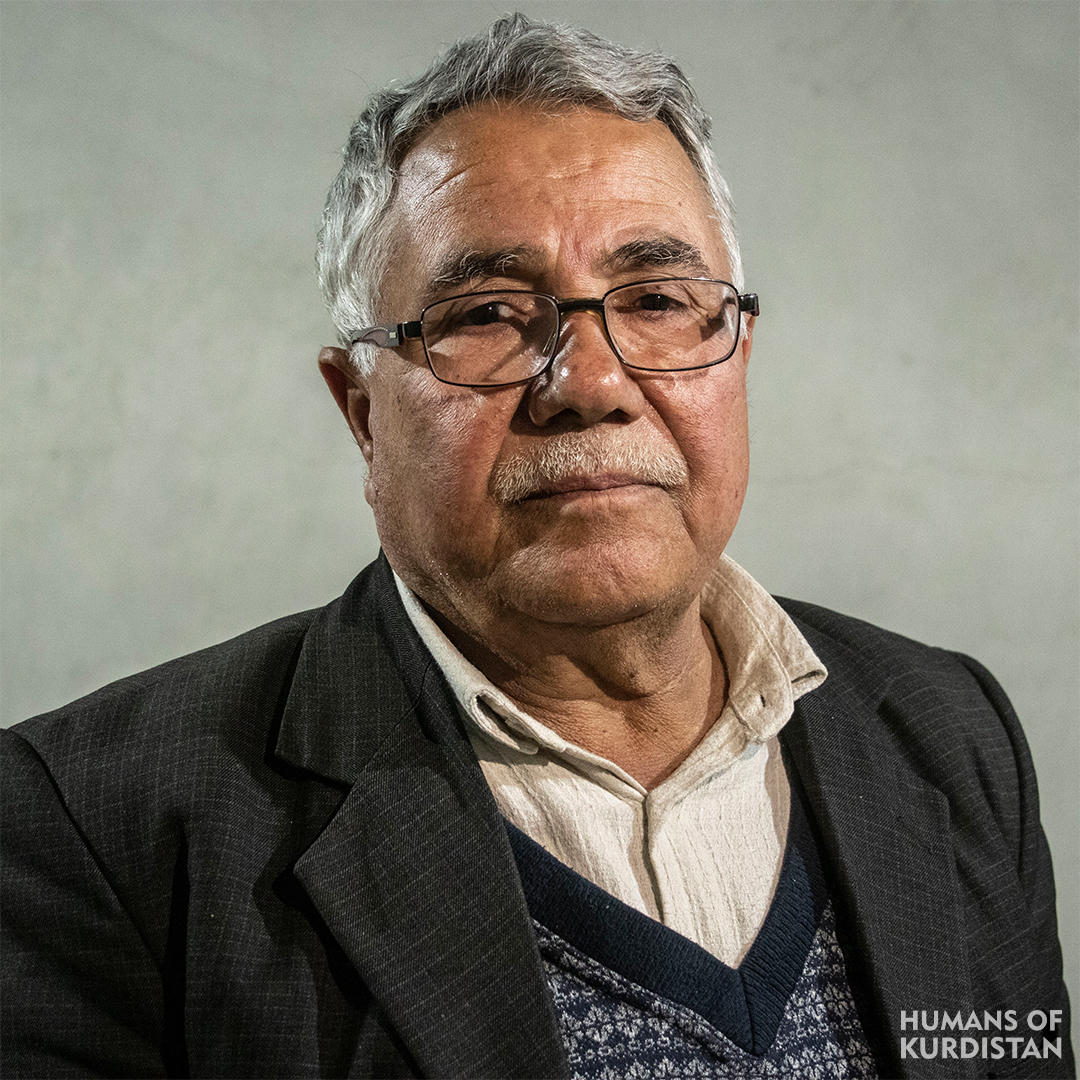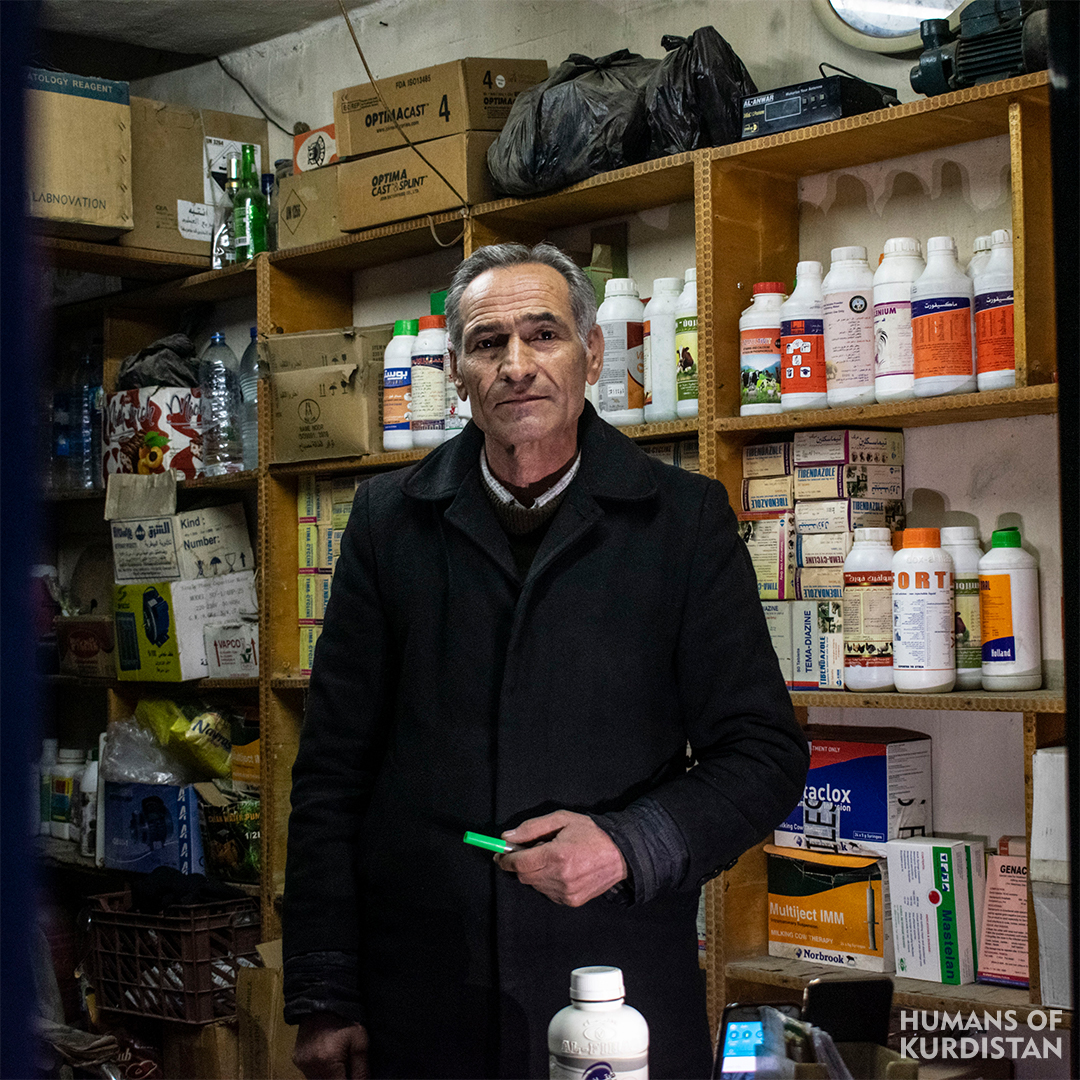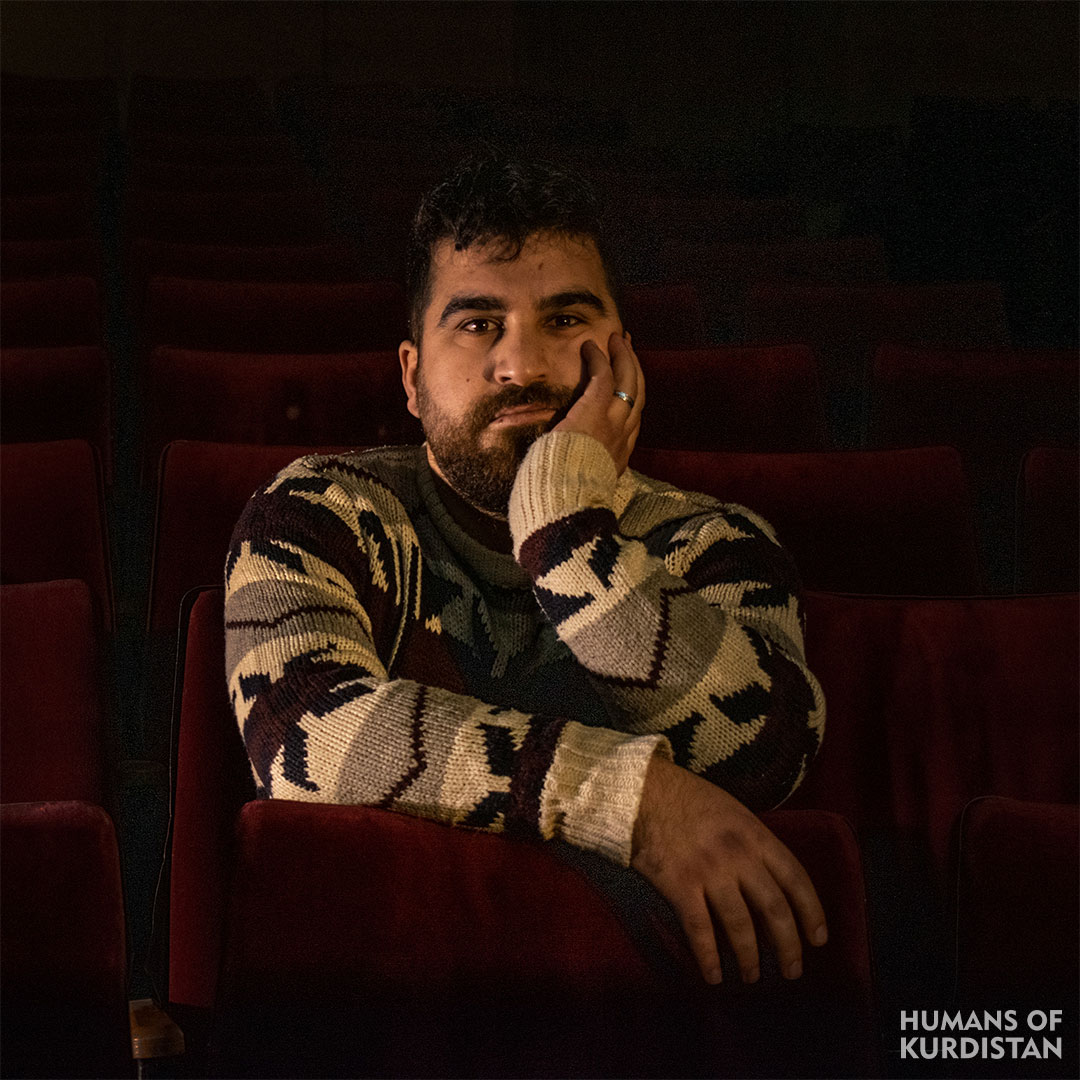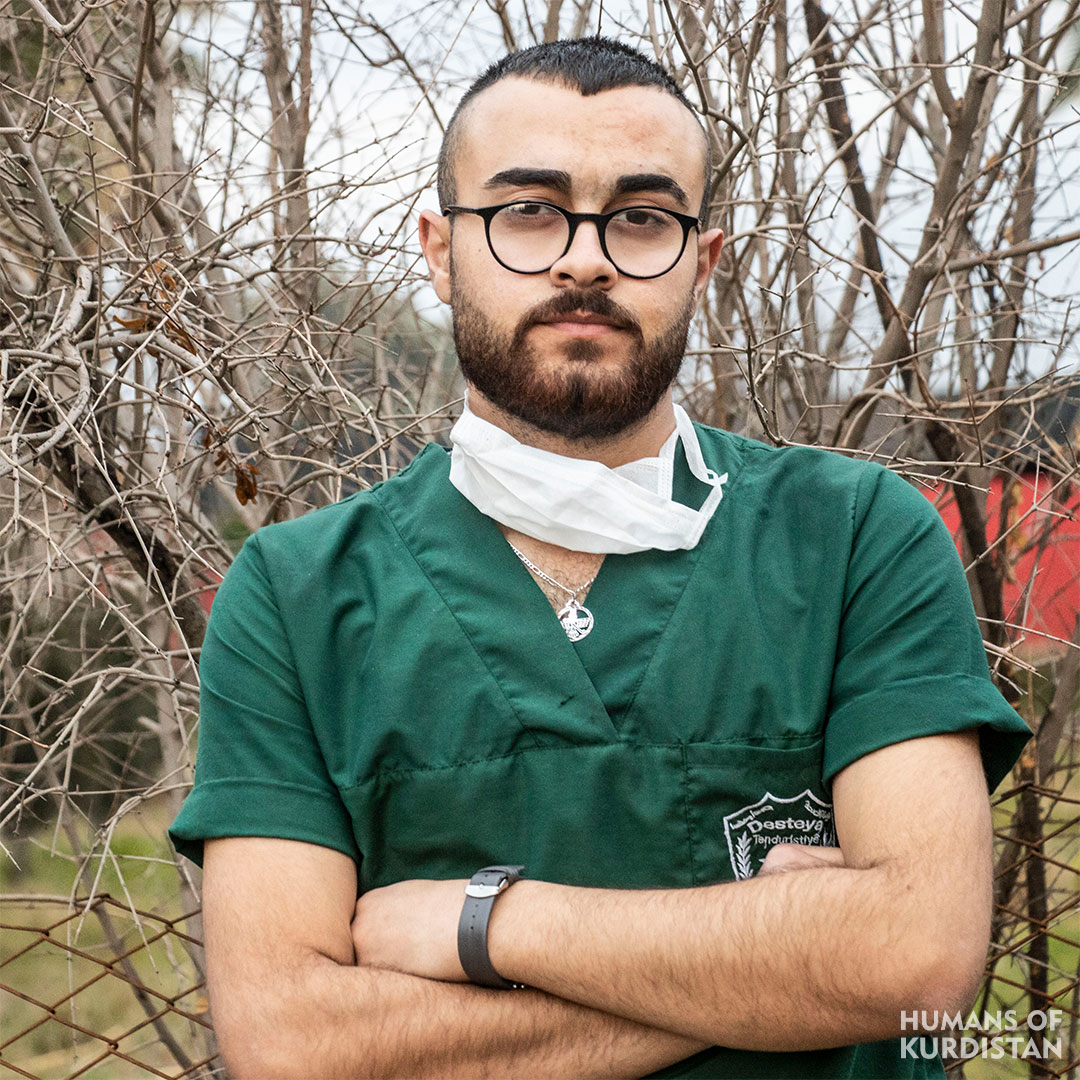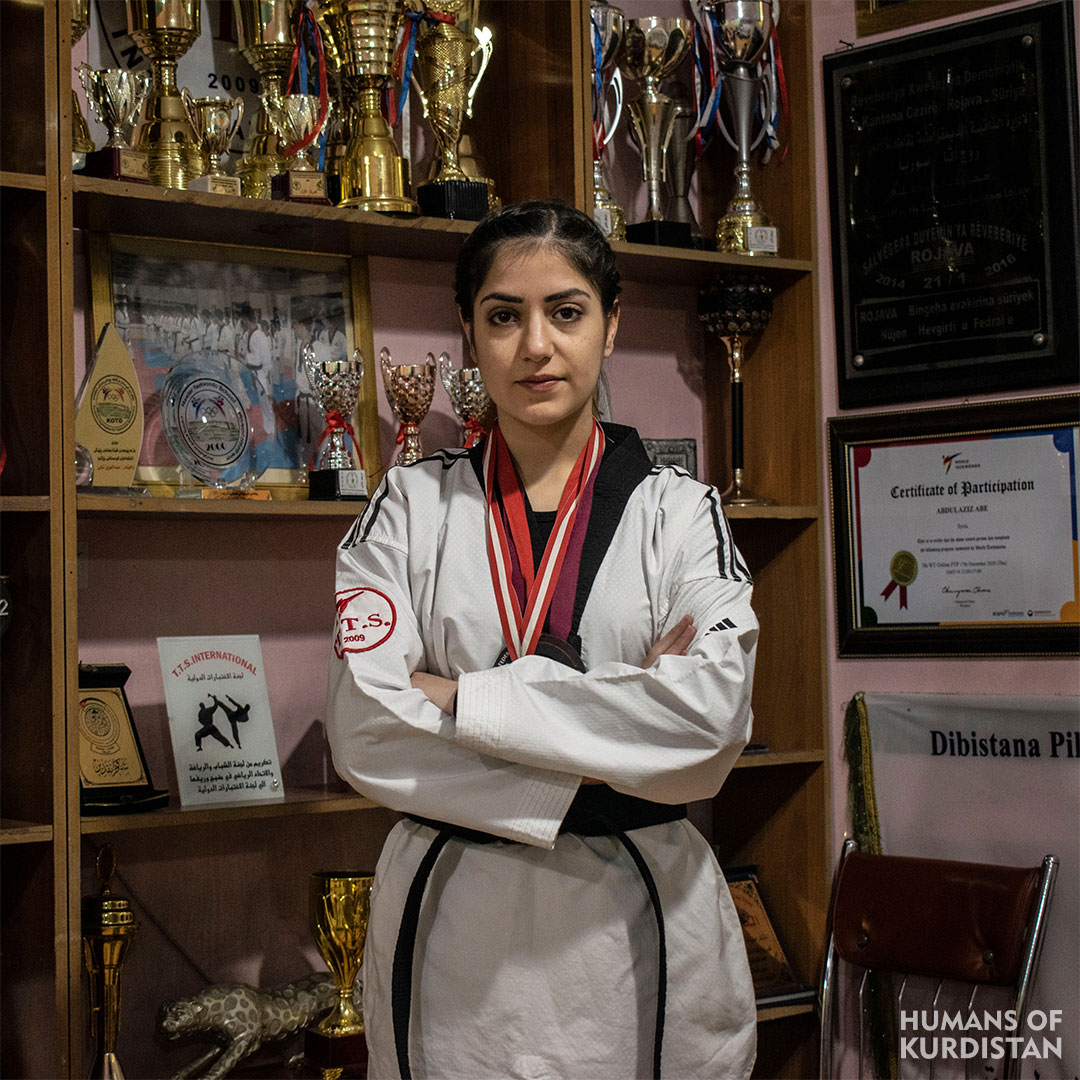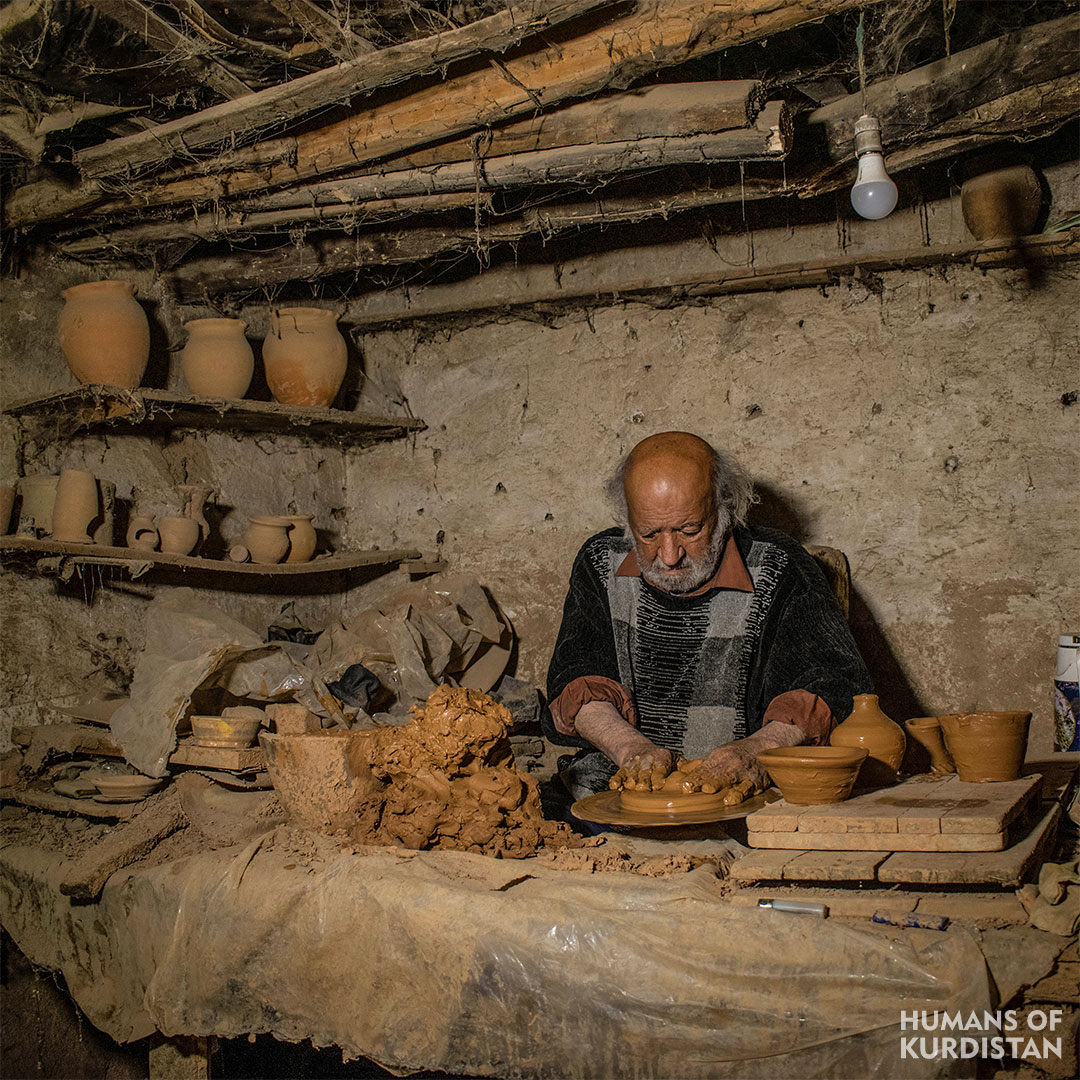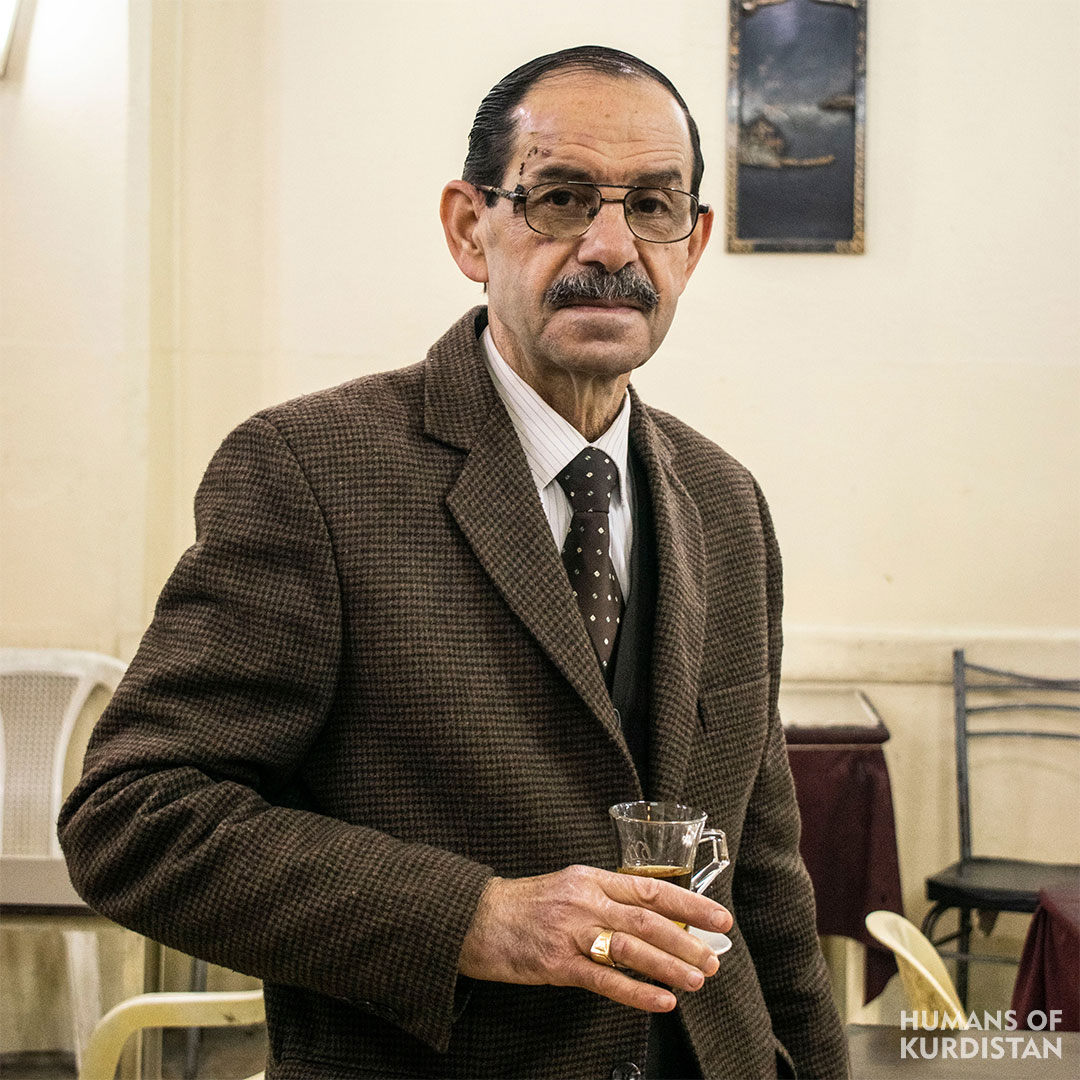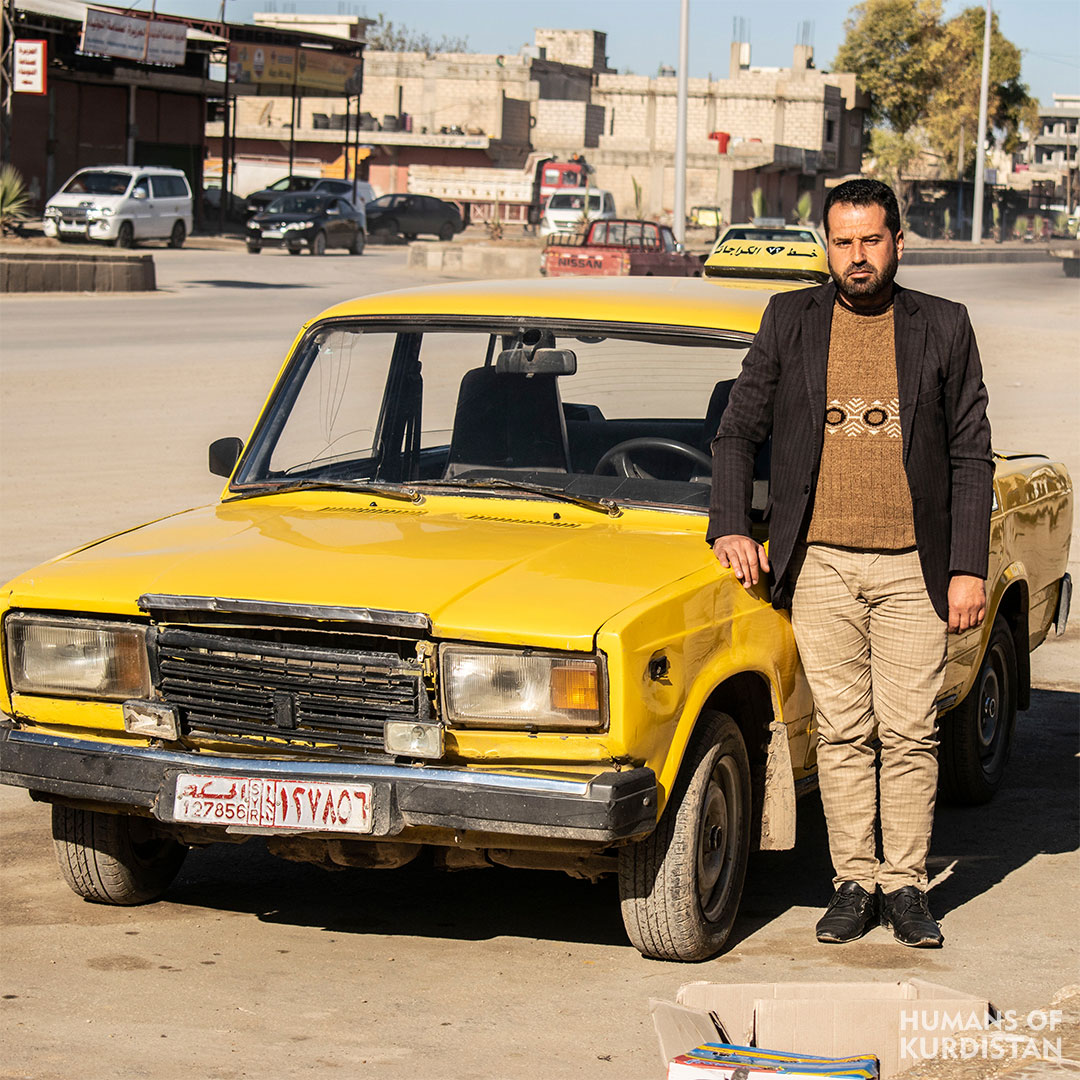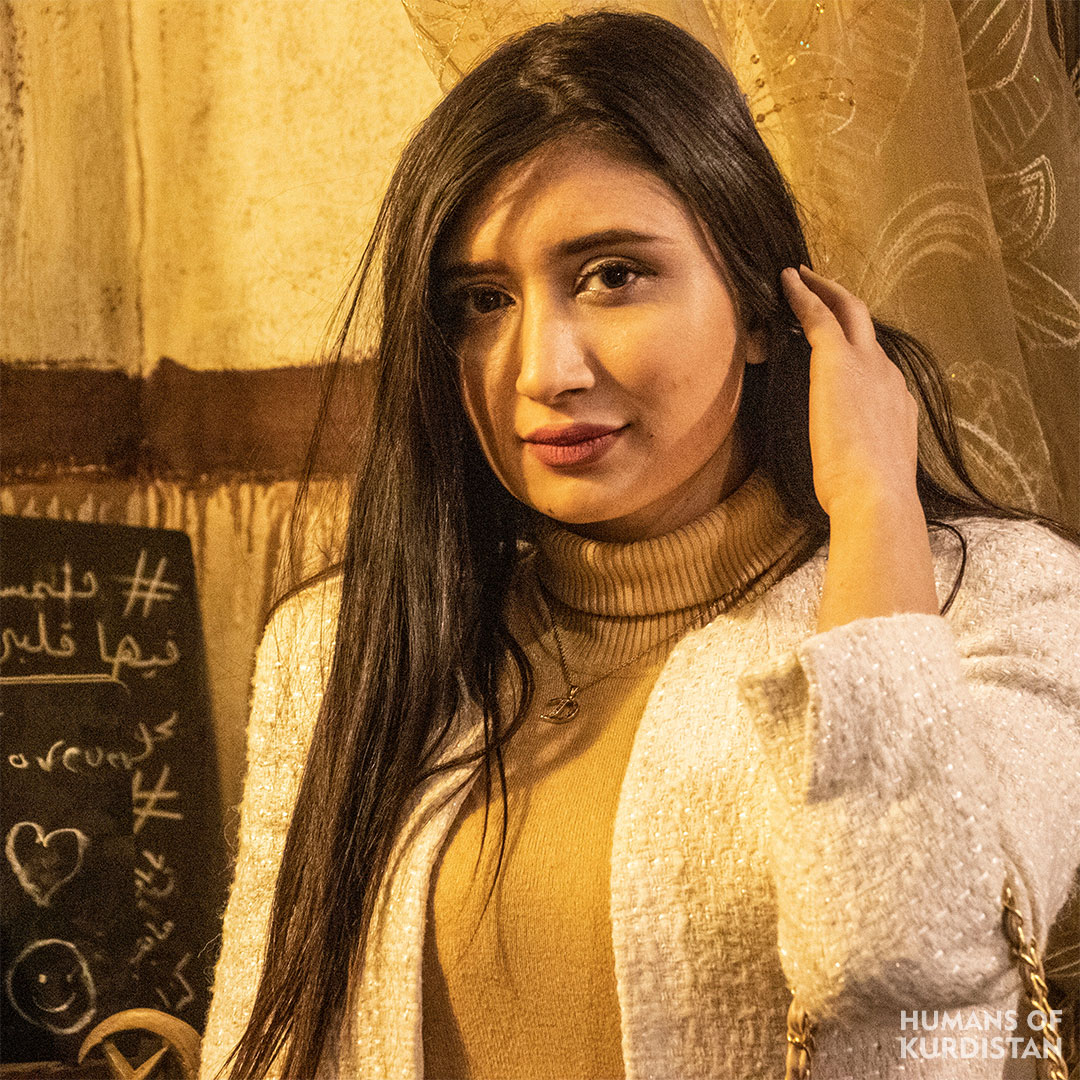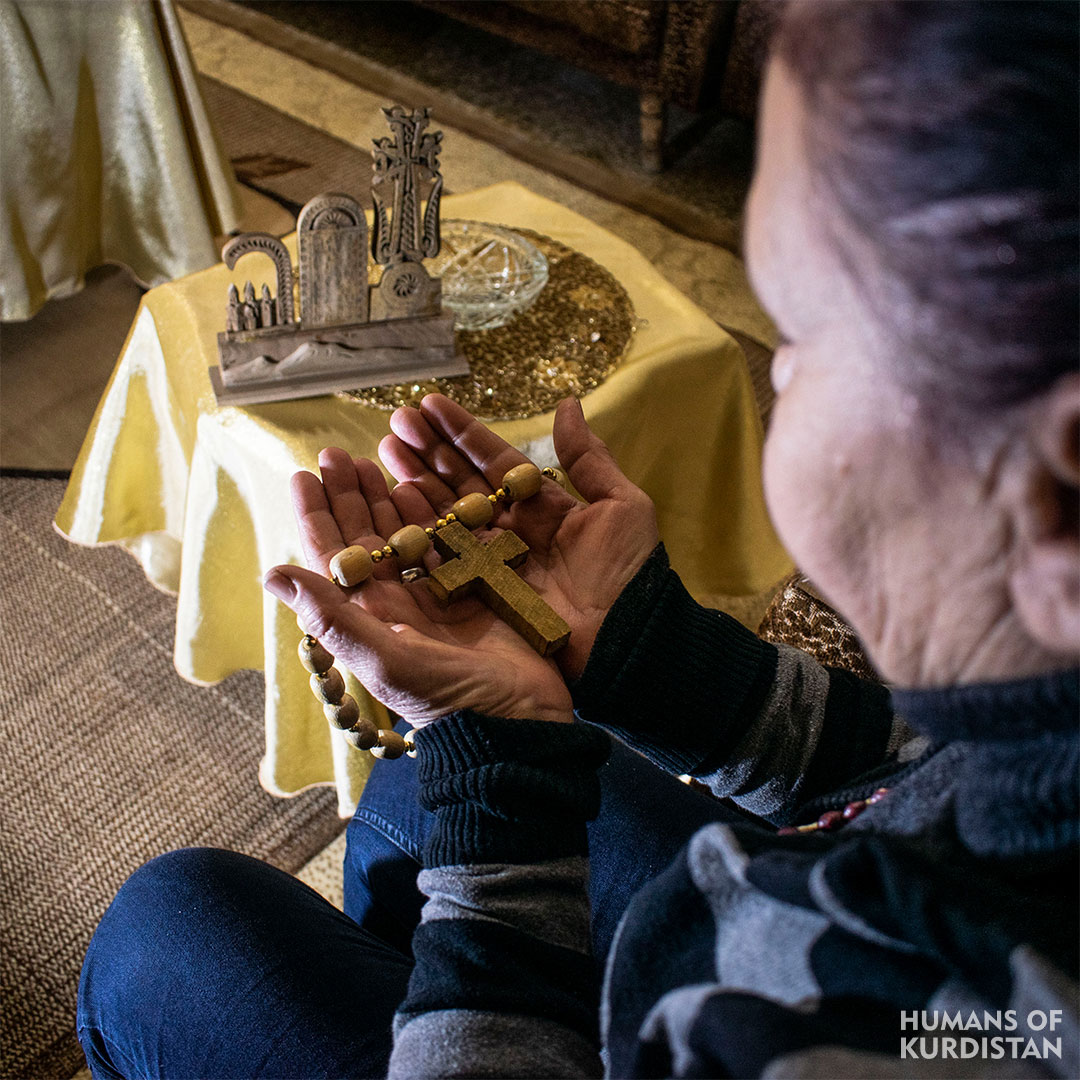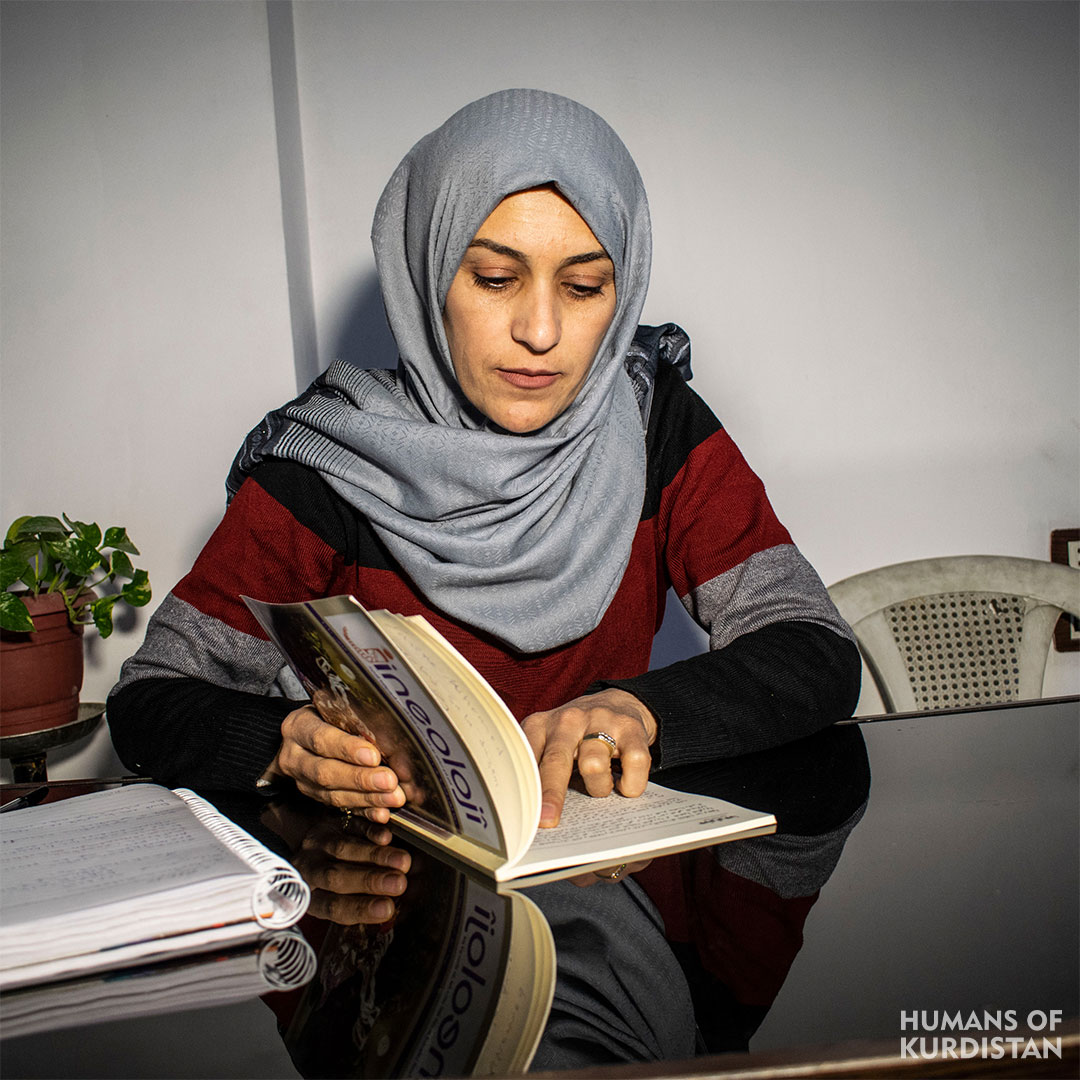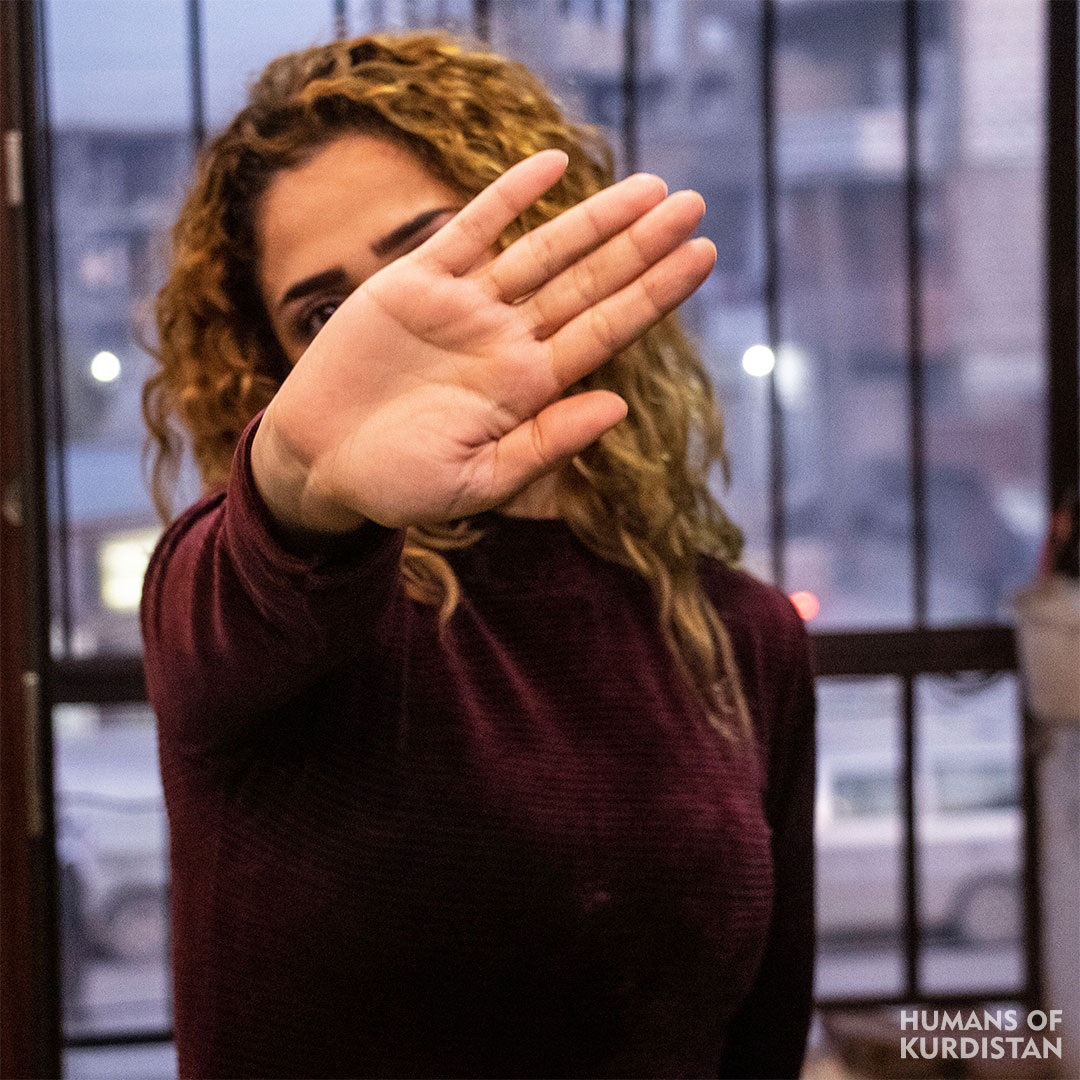February 23, 2021
“In 1959, there were no schools in my village so my father sent me and my brothers to a Sheikh to learn how to read and write, the holy Quran was being studied in mosques back then. Among all the students, 3 other students and I were doing well, and we could finish the Quran in 4 months, while the other students needed about a year to finish it. After a year, a school was opened in a nearby village, and my father registered me there. The teacher there tested me and told me that I should go straight to the second grade and I don't have to study the first grade, but my father refused the idea. I went to study in the first grade and the teachers really admired me, they really cared for the student that studies hard. They used to even teach me after school sometimes”. “I remember when I used to play during holidays, I wasn't afraid of my family, but I was afraid that my teachers would see me not studying. I got into the fourth grade and we left to Amuda city and settled there. I finished elementary school, but then my father discouraged me to continue because we didn't have Syrian citizenship and he thought it was useless to have an education at that circumstances. Even my teachers visited my father to convince him otherwise, but he didn't agree to it. I started being a shepherd with my brothers. I am sure if I had continued studying I would have had a good future. I grew up and my love for education was still there so I started reading Jagar Khwen's poetry, I started learning his way of writing, and now I write poetry, too”. ...


